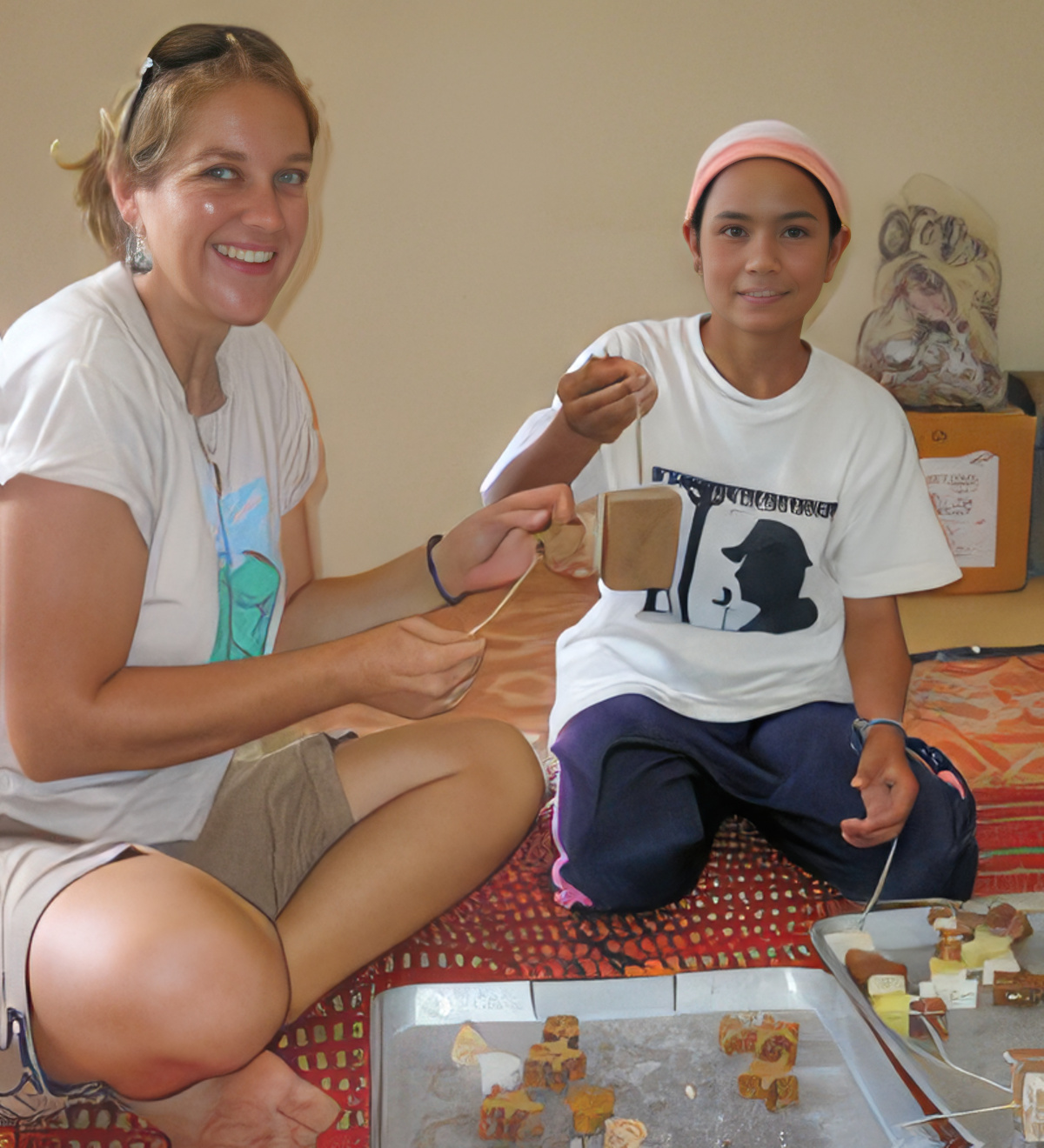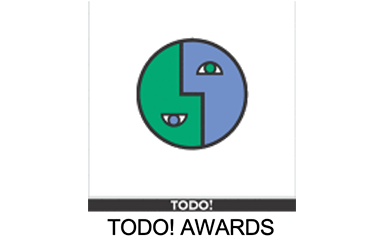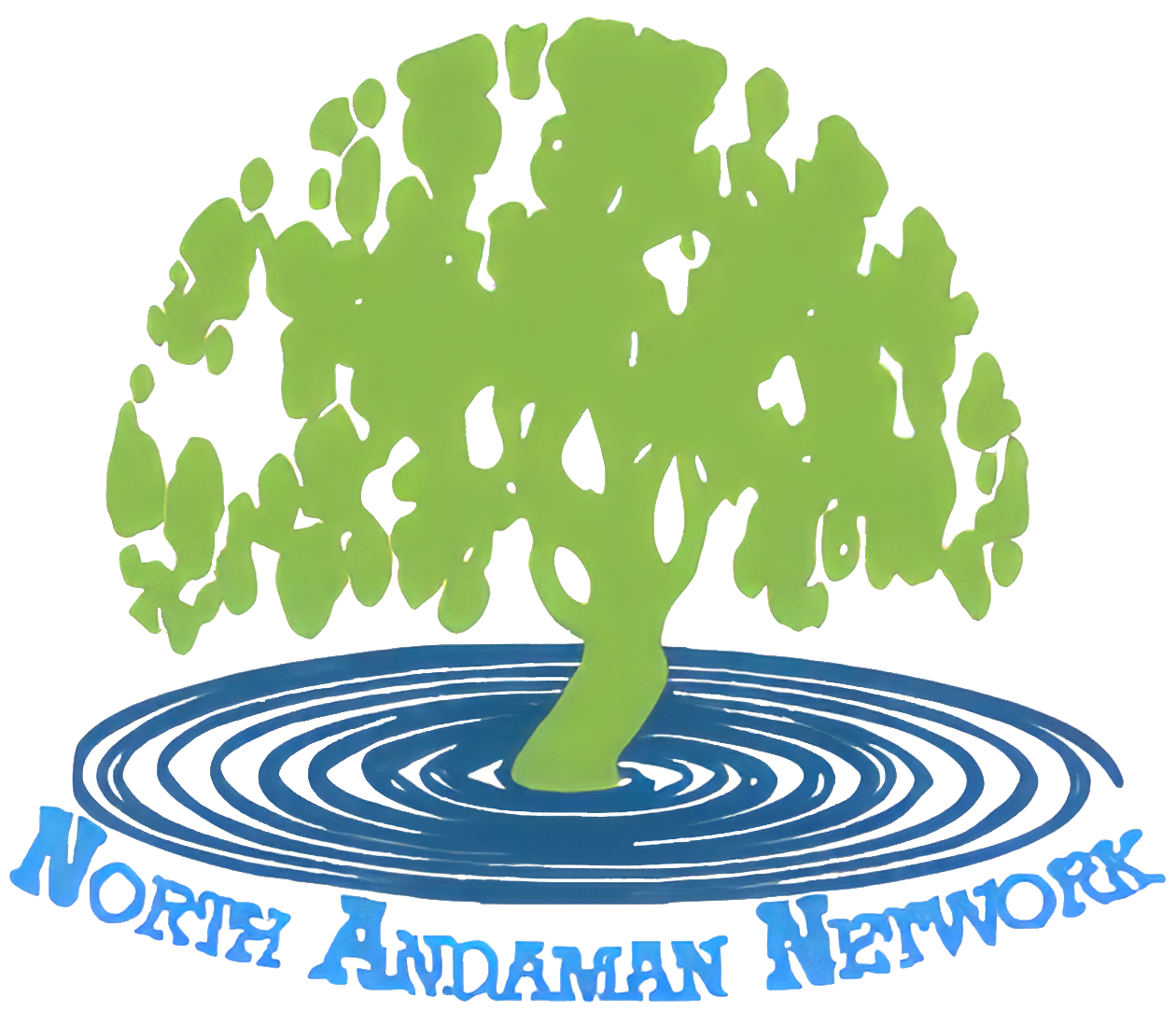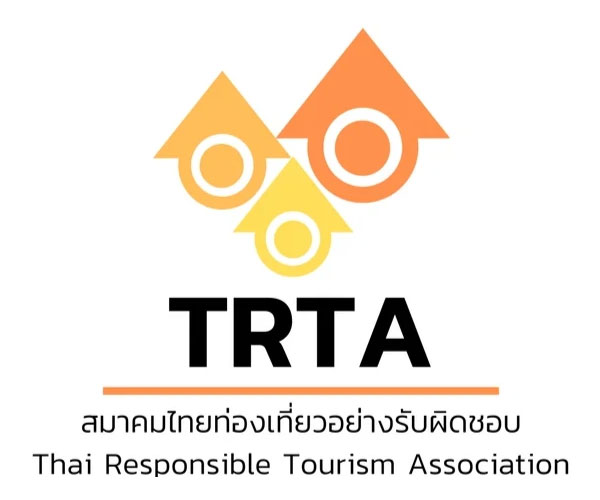Introduction to Thai Culture
There’s no doubt about it, Thailand is a wonderful place full of wonderful people. For this reason we would like to enlighten you about a few cultural points that will make your stay here more enjoyable and comfortable for both you and the locals.
Royalty
Thailand is a constitutional monarchy, and the King and Royal family are devoutly revered. Do not disrespect the King in any way. Please treat anything with His image on it, including money, with respect. It’s best not to talk about Royalty to avoid any misunderstandings.
Monks
Buddhist monks are a common sight all over Thailand and are easily recognized with their orange robes and shaved heads. It is strictly forbidden for male monks to have direct physical contact with women. This includes handing them something. It is acceptable for women to offer a gift by placing it on the ground in front of a monk and backing away, or by giving it to a man to offer for you. Men can come in direct contact with monks. Please always treat monks with the utmost respect, speak respectfully and ‘wai’ when greeting, saying goodbye, and thank you.
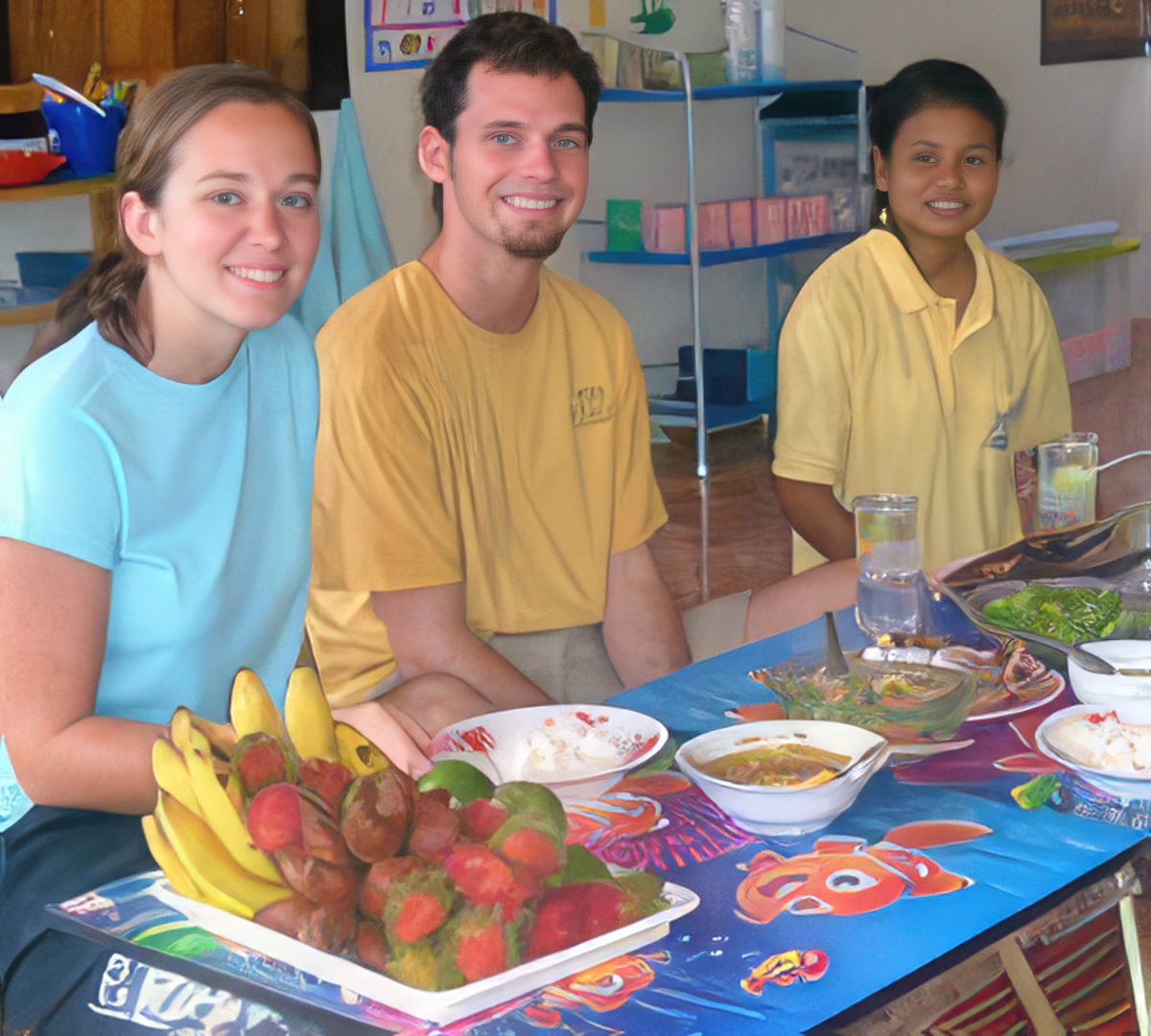
Why ‘wai’?
The wai, putting your hands in a prayer-like position, is used to greet, pay respect, thank, and say farewell. When and how you wai someone depends on two things: status and age. Thai people do not wai people of the same age; they wai older people and those of a higher status (like monks). If a child wai’s you, there is no need to wai back, just smile and say hello.
Pe or Nong?
Pe loosely translates into older brother or sister and Nong younger brother or sister. You will hear people referring to each other as either Pe [name] or Nong [name]. There is not really an English equivalent. If someone is older than you, you can call them Pe and if they are younger than you Nong. It’s a great way to avoid embarrassment if you forget someone’s name as you can just call them Pe or Nong. For Muslim people it’s Bang [name] and Nong Baow [name].
Mai pen rai
You’ll hear Mai pen rai a lot during your trip. It translates into not at all, you’re welcome, no problem, it doesn’t matter, no worries, never mind. ‘Mai pen rai’ is typically Thai and shows consideration for others, conflict and anger avoidance, and a desire for peace.
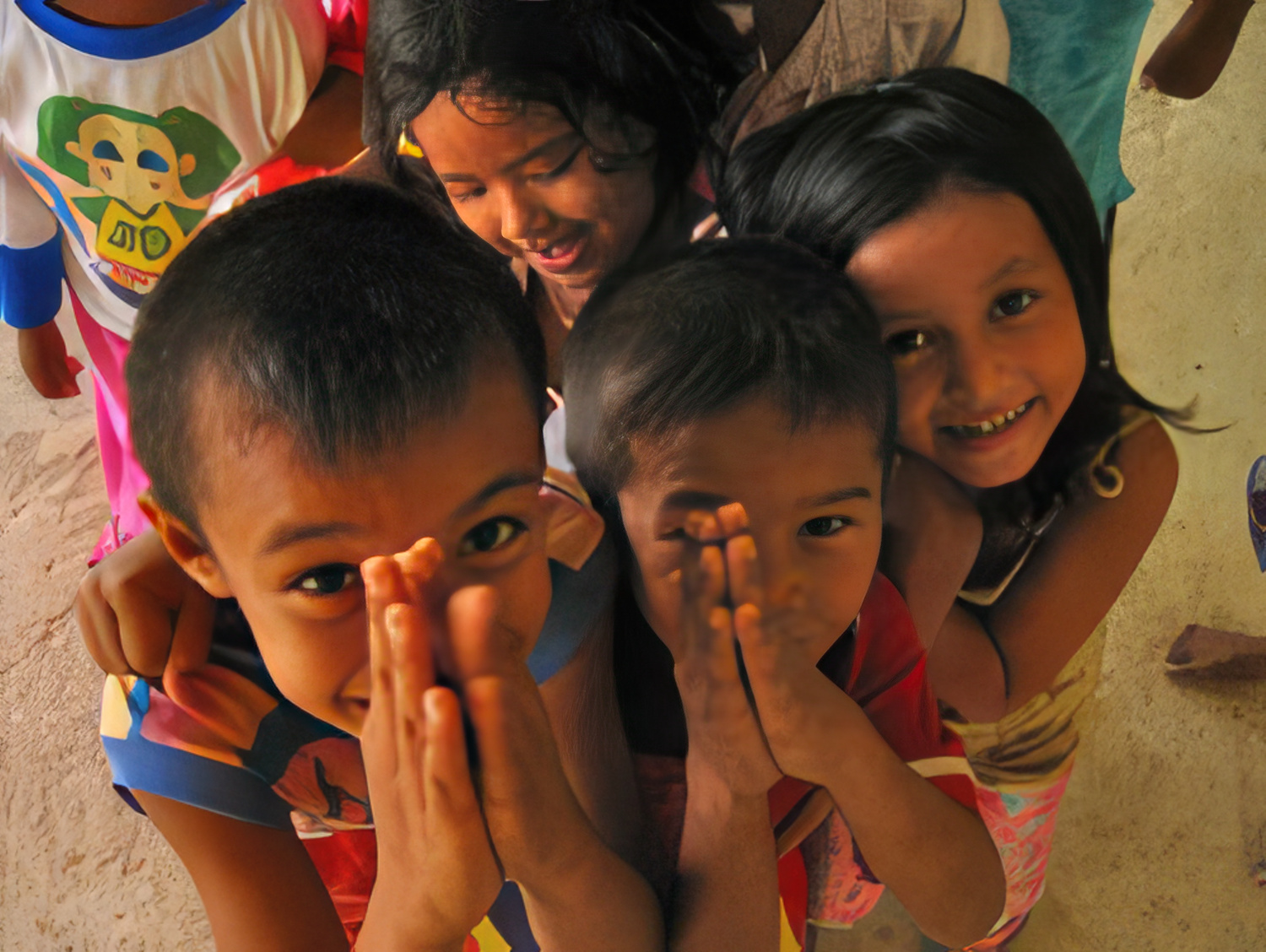
Greng jai – to have consideration for other’s feelings
Understanding the meaning of greng jai reveals a lot about Thai’s and their way of thinking. It loosely translates into ‘to have consideration for others’. In reality, it means thinking about how what you might say or do will affect others around you. It allows Thais to avoid conflict, awkward challenges, conflicts, and basically any difficult or unpleasant situation. In many cases, a Thai will decide not to act or speak a lot more than westerners would. Keeping their opinions to themselves avoids conflict and being disrespectful to their peers.
Jai yen – chill out
This translates into “cool heart” and means to keep your cool and to calm down if you feel yourself getting a bit hot under the collar for whatever reason. Being jai rawn or hot-hearted displays a lack of self control, rudeness, and poor attitude which can make others “lose face.” This all relates to the Thai’s avoidance of confrontation. In Thailand it is considered disrespectful to put someone in a position where they ‘lose face’. Whatever happens, keep your cool and do not raise your voice or lose your temper.
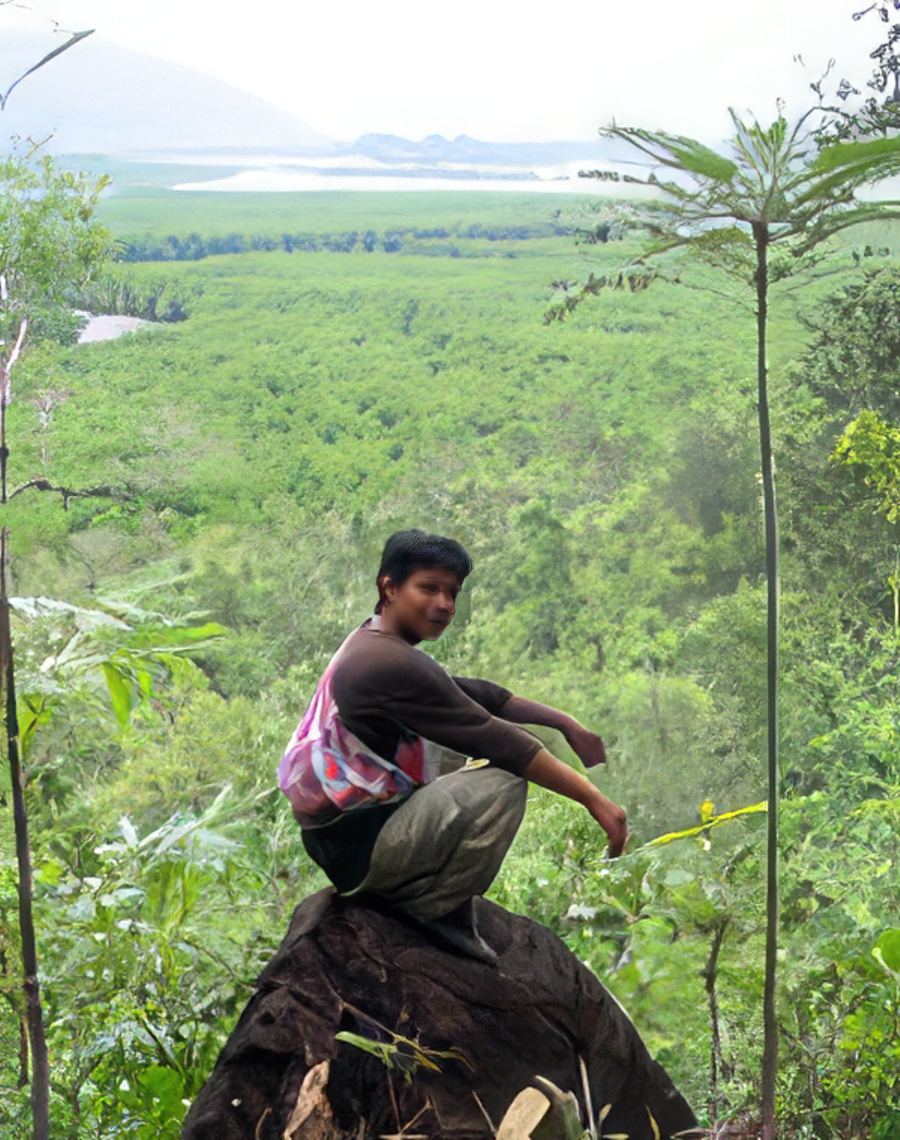
A simple solution to avoid making another person “lose face” is to turn a criticism into a polite request. For example:
- Criticism: There’s something wrong with the door to my room, it won’t shut.
- Request: I was wondering if you could help me. I couldn’t shut the door to my room and I wasn’t sure if I was opening it correctly.
This has allowed the person you are dealing with to “save face” as it was not a direct criticism of their door, more like your inability to make it work! This is more polite than complaining and will increase your chances of receiving the help you need.
Cultural Guidelines
- It is considered quite rude to touch a person’s head, though it is not a problem with young children.
- Avoid pointing your feet at anyone or anything and do not put them up on tables or chairs.
- It is customary to remove your shoes when going indoors, especially in someone’s home or in a temple. Look for a pile of shoes out front and follow suit!
- Do not be surprised if a Thai person asks you personal or direct questions, like “How much do you earn?” or “Are you married yet?” They do not mean anything by this; in Thai culture it’s perfectly acceptable to ask these types of questions. If someone asks you if you are married or have a partner, they are not chatting you up, they are just curious.
- Westerners are referred to as farang, which is also the Thai word for guava. They may refer to you as a ‘farang’ or simply say “You, you, you” to get your attention. Don’t get offended by this, they are just being friendly and may not have the English skills to be polite.
